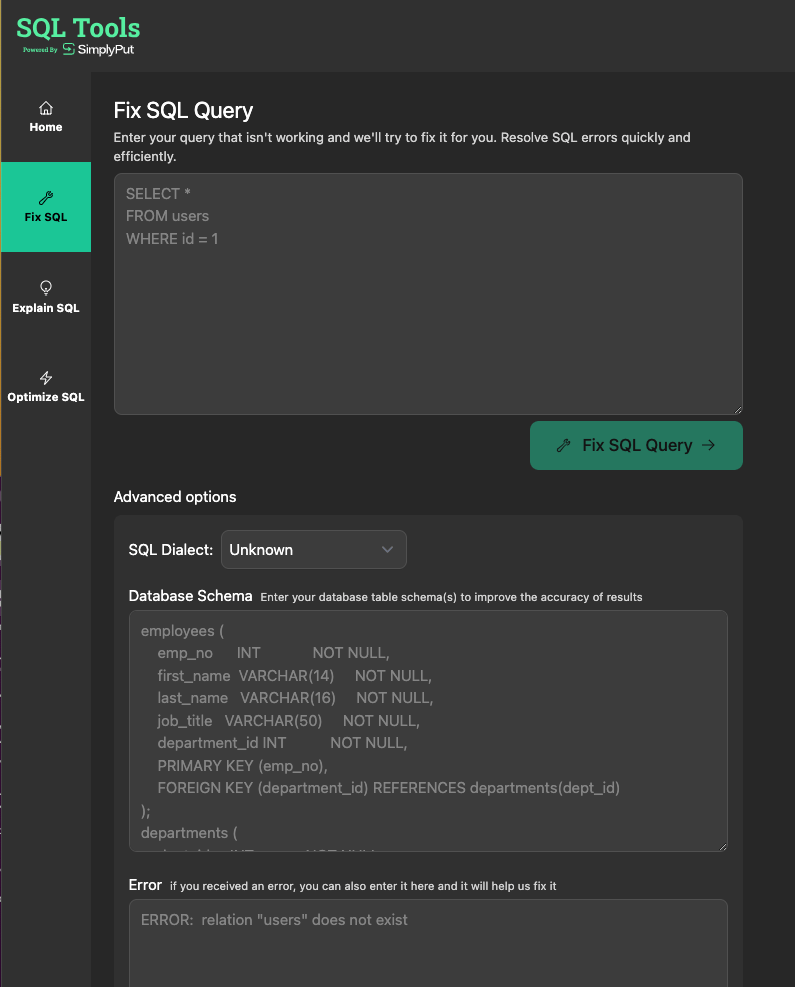
How accessible should your data be?
Data is the modern company’s tool to make business decisions, but that doesn’t mean every person at a company needs access to every data source. For example, there might be Personal Identifiable Information (PII) and insider financial information that for legal reasons can’t and shouldn’t be accessible to everyone. Beyond data that can’t be granted universal access for legal or privacy reasons, sometimes companies are fearful of making data too accessible. Companies might worry data can be misinterpreted or might be distracting if it isn’t directly relevant to a team’s particular function. However, we at SimplyPut believe granting lots of data visibility yields multiple benefits.
First each functional team should be able to answer as many questions about their data with as little friction as possible. For example, the Marketing team should know how well their campaigns are doing by just being able to ask simple questions. They may need to clarify with a data expert, but it encourages them to be as data-informed as possible. This lets them perform their job at the highest level possible and quickly pivot if they need to.
Now consider whether the Marketing team should have access to product analytics. Is there much benefit if their work doesn’t explicitly depend on that data? We believe so because of the interconnectedness of every part of the business. Also, understanding how the rest of the business is performing makes people understand the larger picture and not just their particular functions. This creates empathy between functional teams and can lead to great cross-functional collaboration.
Do you want your business teams learning SQL?
Some companies believe that the best way to create a data-driven culture is to have everyone learn SQL in order to self-serve data questions. However, there will be a lot of effort on hiring and training people, and if a company goes down that route, beware of the employee who thinks they know how to write a query but actually do not. For example, it is very easy to make mistakes especially if you were not the person who created a particular table.
There have been some organizations that encourage everyone to learn SQL. However, keep in mind you hired your Marketing team, Finance team, HR team, Growth Team, Product Team to be experts in their areas. Adding an extra requirement might limit hiring the person that is excellent in their respective discipline. It’s important to allow people to be experts at what they were hired for without putting roadblocks in their way.
Should you centralize your data team?
Every company eventually has to decide to have either one data team to support all business functions or multiple data teams specific to each function. Centralized team tends to focus on standardizing definitions and operations while vertically-aligned data teams move faster for their particular stakeholders. Whichever you choose, there are a few things to keep in mind.
Advantages of multiple data teams
Having a data team for a particular function allows that data team to address specific asks for their stakeholders. For example, there may be a particular metric a Finance team needs that a dedicated Finance data team can present in a certain way. If you have a centralized data team, you can run into the situation where the underlying architecture for standardization can’t support the specific metric that the Finance team needs.
Advantages of centralized team
With multiple data teams, you often end up with teams calculating the same metric in different ways. This can lead to a lot of confusion as to what the “right way” is to calculate a particular metric. In addition, it often leads to frustration when functional teams get together to compare results. Centralized data teams can easily address this potential problem.
Finally, if a question arises about a part of the business someone isn’t directly involved in, do they know where to go to get the answer? A centralized team might be able to steer them in the right direction while disparate data teams could make this task a lot harder.
Final considerations
The answer as to whether a company should choose a centralized data team or multiple data teams to support particular functions is that it’s a balance. There should be a centralized team to handle high-level company metrics and ensure there isn’t any duplication of metrics across teams. However, inevitably a large enough function will inevitably need a dedicated data team for their particular needs. Creating the right balance will allow the company to perform at the highest level and make decisions as quickly as possible.


